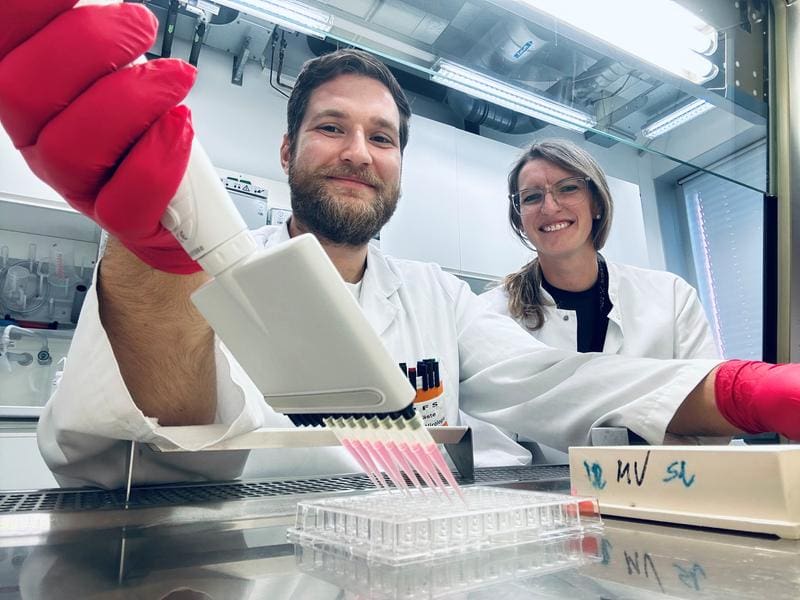Sphingolipids control formation of coronavirus replication organelles
A research team from Justus Liebig University Giessen and Freie Universit├żt Berlin has uncovered central mechanisms by which coronaviruses reprogram the cells of their hosts. The scientists were able to show that sphingolipids and especially the enzyme group of sphingomyelinases are decisively involved in the formation of so-called replication organelles. These structures inside the cell are necessary for coronaviruses to replicate their genetic information and assemble new virus particles.

The study illustrates that various human coronaviruses massively reshape the lipid balance of infected cells in order to force the formation of numerous replication organelles. Sphingolipids form important membrane building blocks that underlie the conversion processes. According to the researchers, understanding these mechanisms opens up new approaches for the development of antiviral strategies that could target a targeted influence on sphingolipid metabolism.
The results have been published in the journal mBio . The work was funded by the DFG Research Training Group GRK2581 “SphingoINF” and the Von Behring-R├Čntgen Foundation.
Original Paper:
Editor: X-Press Journalistenb├╝ro GbR
Gender Notice. The personal designations used in this text always refer equally to female, male and diverse persons. Double/triple naming and gendered designations are used for better readability. ected.




